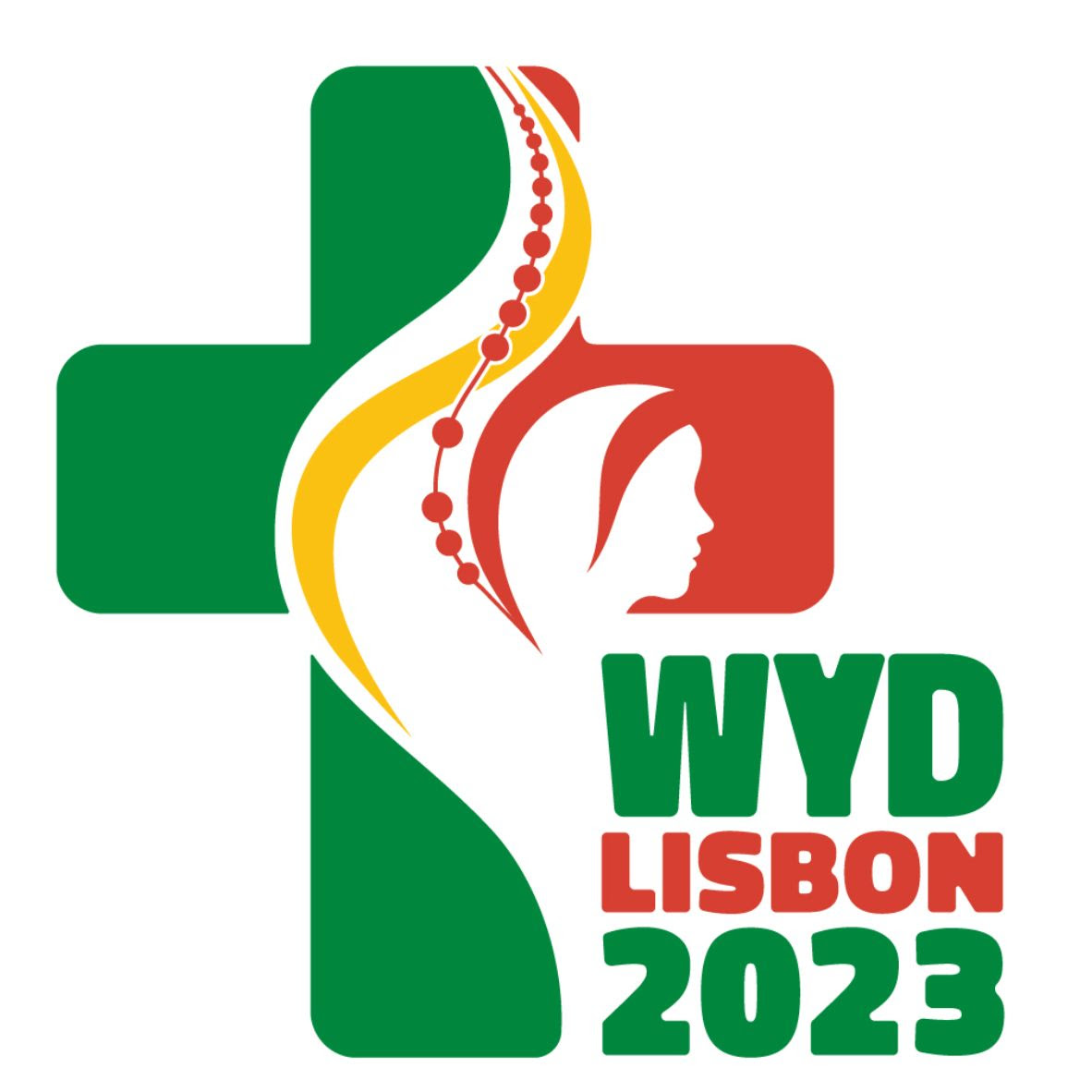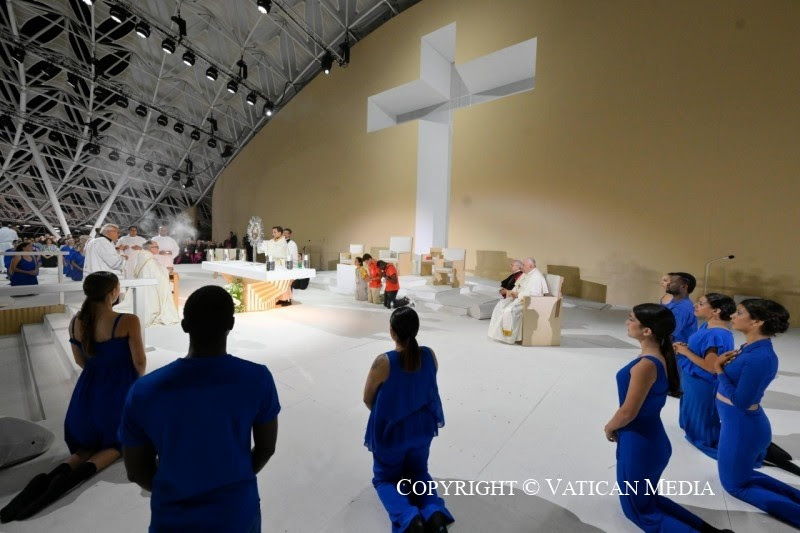It
– fr – en – es
*I have a dream*
-di
Diego Zanotti
Il
28 agosto 1963 Martin Luther King tenne il famoso discorso "I have a
dream" diventato poi il simbolo della lotta contro il razzismo negli Stati
Uniti e comunemente ritenuto un capolavoro.
Per
anni molti abbiamo individuato nel "sogno" l'ideale verso il quale
orientare la propria azione educativa nei diversi livelli.
Da
educatore avverto una fatica presente e diffusa a sognare, e a sognare "in
grande"… dove "in grande" si traduce nella capacità di
sviluppare desideri di lungo respiro, con la capacità di risolvere (sorridendo
e cantando) i molti ostacoli che sicuramente ci saranno lungo il percorso.
Il
timore di spingersi oltre un orizzonte temporale "visibile", la non
disponibilità ad accollarsi rischi che dipendono da variabili "non
governabili" (almeno non da noi), penso sia un approccio tanto presente
quanto limitante dell'intera azione educativa. Abbiamo scelto di educare i
ragazzi che ci sono affidati a scelte di vita caratterizzate da orizzonti
lunghi e imprevisti non definibili a priori; abbiamo assunto come modello
antropologico di riferimento un Uomo che ha voluto affrontare innumerevoli ostacoli
lungo la via e che ci ha dato testimonianza del come gestire e risolvere le
diverse situazioni. Proporre attività ed assumersi impegni restando in modo
calcolato in una zona comfort, sentendosi "a posto" per aver assolto
oggettivamente al "compitino" assegnato non appartiene al nostro
stile, non coincide con quella Promessa pronunciata anni fa che non prevede
clausole di tutela.
Essere
titolari di proposte educative che abbiano in qualche modo il sapore e lo
spessore del sogno significa osare...osare sollecitando i ragazzi, assecondando
e ancora più sostenendo le loro idee nei momenti difficili, durante i quali il
sogno rischia di venir rinchiuso in un cassetto.
Abbiamo
dalla nostra la forza e la libertà di un metodo e di precedenti esperienze e
testimonianze capaci di sostenerci e indicarci la via da seguire. Penso sia
importante e onesto condividere che l'alternativa a un sogno non è quella di un
sogno piccolo bensì quella di non sognare affatto, accettando di stare dove si
è, con le proprie sicurezze, ma anche i propri limiti e fragilità.
Il
progresso umano è fortemente caratterizzato da pensieri di uomini e donne che
hanno saputo sognare un mondo migliore. A ognuno di noi la scelta del come
interpretare il proprio ruolo educativo, con la consapevolezza che le nostre
scelte "personali" avranno ricadute dirette anche su altri.
Educare
al sogno significa da un lato acquisire le competenze sempre necessarie per
articolare un pensiero e un'azione educativa capace di raggiungere obiettivi
seguendo un percorso pensato e non improvvisato; dall'altro l'allenamento
personale a sognare per sé, per la propria vita.
Le
mie scelte di vita sono orientate all' "I have a dream?"
RS – Servire - 267/ #Taccuinodistrada
in un #Tempodaesplorare
J'ai un rêve
-par Diego Zanotti
Le 28 août 1963, Martin Luther King prononçait son
célèbre discours "I have a dream", devenu le symbole de la lutte
contre le racisme aux États-Unis et communément considéré comme un
chef-d'œuvre.
Pendant des années, nombreux sont ceux qui ont identifié
le "rêve" comme l'idéal vers lequel orienter leur action éducative à
différents niveaux.
En tant qu'éducateur, je ressens une fatigue actuelle et
généralisée à rêver, et à rêver "grand"... où "grand" se
traduit par la capacité à développer des désirs à long terme, avec la capacité
à résoudre (en souriant et en chantant) les nombreux obstacles qui ne
manqueront pas de se dresser sur le chemin.
La peur d'aller au-delà d'un horizon temporel
"visible", la réticence à prendre des risques qui dépendent de
variables "ingouvernables" (en tout cas pas par nous), je pense que
c'est une approche qui est aussi présente que limitative de l'ensemble de
l'action éducative. Nous avons choisi d'éduquer les jeunes qui nous sont
confiés à faire des choix de vie caractérisés par des horizons longs et des
événements imprévus qui ne peuvent être définis a priori ; nous avons pris
comme modèle de référence anthropologique un Homme qui a accepté d'affronter
d'innombrables obstacles sur son chemin et qui nous a donné des témoignages sur
la façon de gérer et de résoudre différentes situations.
Proposer des activités et prendre des engagements en
restant de manière calculée dans une zone de confort, en se sentant
"OK" pour avoir objectivement accompli la "petite tâche"
assignée ne fait pas partie de notre style, ne coïncide pas avec cette Promesse
prononcée il y a des années et qui ne prévoit pas de clauses de protection.
Être propriétaire de propositions éducatives qui ont en
quelque sorte la saveur et la profondeur d'un rêve signifie oser... oser en
sollicitant les enfants, en les soutenant et encore plus en soutenant leurs
idées dans les moments difficiles, pendant lesquels le rêve risque d'être
enfermé dans un tiroir.
Nous avons à nos côtés la force et la liberté d'une
méthode et des expériences et témoignages antérieurs qui peuvent nous soutenir
et nous montrer la voie à suivre. Je pense qu'il est important et honnête de
partager que l'alternative au rêve n'est pas de rêver un petit rêve mais de ne
pas rêver du tout, en acceptant de rester là où l'on est, avec sa propre
sécurité, mais aussi ses propres limites et sa propre fragilité.
Le progrès humain est fortement marqué par la pensée
d'hommes et de femmes qui ont su rêver d'un monde meilleur. Il appartient à
chacun d'entre nous de choisir comment interpréter son rôle éducatif, en
sachant que ses choix "personnels" auront aussi des répercussions
directes sur les autres.
Eduquer à rêver signifie, d'une part, acquérir les
compétences toujours nécessaires pour articuler une pensée et une action
éducative capables d'atteindre des objectifs en suivant un parcours réfléchi et
non improvisé ; d'autre part, se former personnellement à rêver pour soi, pour
sa vie.
Mes choix de vie sont orientés vers "J'ai un rêve
?".
*I have a dream*
-by Diego Zanotti
On 28 August 1963, Martin Luther King delivered his
famous 'I have a dream' speech, which became the symbol of the fight against
racism in the United States and is commonly considered a masterpiece.
For years, Agesci has identified the 'dream' as the
ideal towards which to direct its educational action at different levels.
As an educator, I sense a present and widespread
fatigue in dreaming, and in dreaming 'big'... where 'big' translates into the
ability to develop long-range desires, with the ability to resolve (smiling and
singing) the many obstacles that will surely be along the way.
The fear of going beyond a 'visible' time horizon, the
unwillingness to take risks that depend on 'ungovernable' variables (at least
not by us), I think is an approach that is as present as it is limiting of the
entire educational action. We have chosen to educate the young people entrusted
to us to make life choices characterised by long horizons and unforeseen events
that cannot be defined a priori; we have taken as our anthropological reference
model a Man who was willing to face countless obstacles along the way and who
has given us testimony of how to manage and resolve different situations.
Proposing activities and taking on commitments while remaining in a calculated
manner in a comfort zone, feeling 'OK' for having objectively fulfilled the
'little task' assigned does not belong to our style, it does not coincide with
that Promise pronounced years ago that does not envisage protection clauses.
To be the owner of educational proposals that somehow
have the flavour and depth of a dream means daring...daring by soliciting the
children, by supporting and even more by supporting their ideas in difficult
moments, during which the dream risks being locked away in a drawer.
We have on our side the strength and freedom of a
method and previous experiences and testimonies that can support us and show us
the way forward. I think it is important and honest to share that the
alternative to a dream is not to dream a small dream but not to dream at all,
accepting to stay where one is, with one's own security, but also one's own
limitations and fragility.
Human progress is strongly characterised by the
thoughts of men and women who have been able to dream of a better world. It is
up to each of us to choose how to interpret our educational role, in the
knowledge that our 'personal' choices will also have direct repercussions on
others.
Educating to dream means, on the one hand, acquiring
the skills that are always necessary to articulate a thought and an educational
action capable of achieving goals by following a thought-out and not improvised
path; on the other hand, personal training to dream for oneself, for one's own
life.
My life choices are oriented towards "I have a
dream?"
*Tengo un sueño*
-por Diego Zanotti
El 28 de agosto de 1963, Martin Luther King pronunció su
famoso discurso "I have a dream" (Tengo un sueño), que se ha
convertido en el símbolo de la lucha contra el racismo en Estados Unidos y
suele considerarse una obra maestra.
Durante años, Agesci ha identificado el "sueño"
como el ideal hacia el que dirigir su acción educativa a diversos niveles.
Como educador, percibo una dificultad actual y
generalizada para soñar, y para soñar 'en grande'... donde 'en grande' se
traduce en la capacidad de desarrollar deseos de largo alcance, con la
capacidad de resolver (sonriendo y cantando) los muchos obstáculos que
seguramente habrá en el camino.
El miedo a ir más allá de un horizonte temporal
'visible', el no querer asumir riesgos que dependen de variables
'ingobernables' (al menos no por nosotros), creo que es un planteamiento tan
presente como limitante de toda la acción educativa. Hemos optado por educar a
los jóvenes que nos han sido confiados para que tomen decisiones vitales
caracterizadas por largos horizontes y por imprevistos que no pueden definirse
a priori; hemos tomado como modelo antropológico de referencia a un Hombre que
estuvo dispuesto a afrontar innumerables obstáculos a lo largo del camino y que
nos ha dado testimonio de cómo gestionar y resolver diferentes situaciones.
Proponer actividades y asumir compromisos permaneciendo de manera calculada en
una zona de confort, sintiéndonos "OK" por haber realizado
objetivamente la "pequeña tarea" asignada no pertenece a nuestro
estilo, no coincide con aquella Promesa pronunciada hace años que no incluye
cláusulas de protección.
Ser dueño de propuestas educativas que de alguna manera
tienen el sabor y la profundidad de un sueño significa atreverse... atreverse
solicitando a los niños, apoyando y más aún apoyando sus ideas en momentos
difíciles, en los que el sueño corre el riesgo de quedar guardado en un cajón.
Tenemos de nuestra parte la fuerza y la libertad de un
método y experiencias y testimonios anteriores que pueden apoyarnos y
mostrarnos el camino a seguir. Creo que es importante y honesto compartir que
la alternativa a soñar no es soñar poco, sino no soñar en absoluto, aceptando
quedarse donde uno está, con su seguridad, pero también con sus limitaciones y
su fragilidad.
El progreso humano se caracteriza fuertemente por el
pensamiento de hombres y mujeres que han sabido soñar con un mundo mejor. Nos
corresponde a cada uno de nosotros elegir cómo interpretar nuestro papel
educativo, sabiendo que nuestras elecciones "personales" tendrán
también repercusiones directas en los demás.
Educar para soñar significa, por un lado, adquirir las
competencias siempre necesarias para articular un pensamiento y una acción
educativa capaces de alcanzar objetivos siguiendo un camino pensado y no
improvisado; por otro, un entrenamiento personal para soñar por uno mismo, por
la propia vida.
Mis opciones de vida están orientadas a "¿Tengo un
sueño?".


.jpg)

.jpg)















